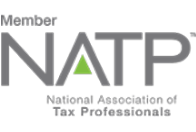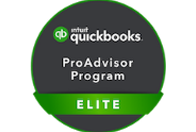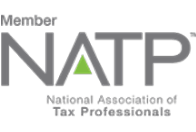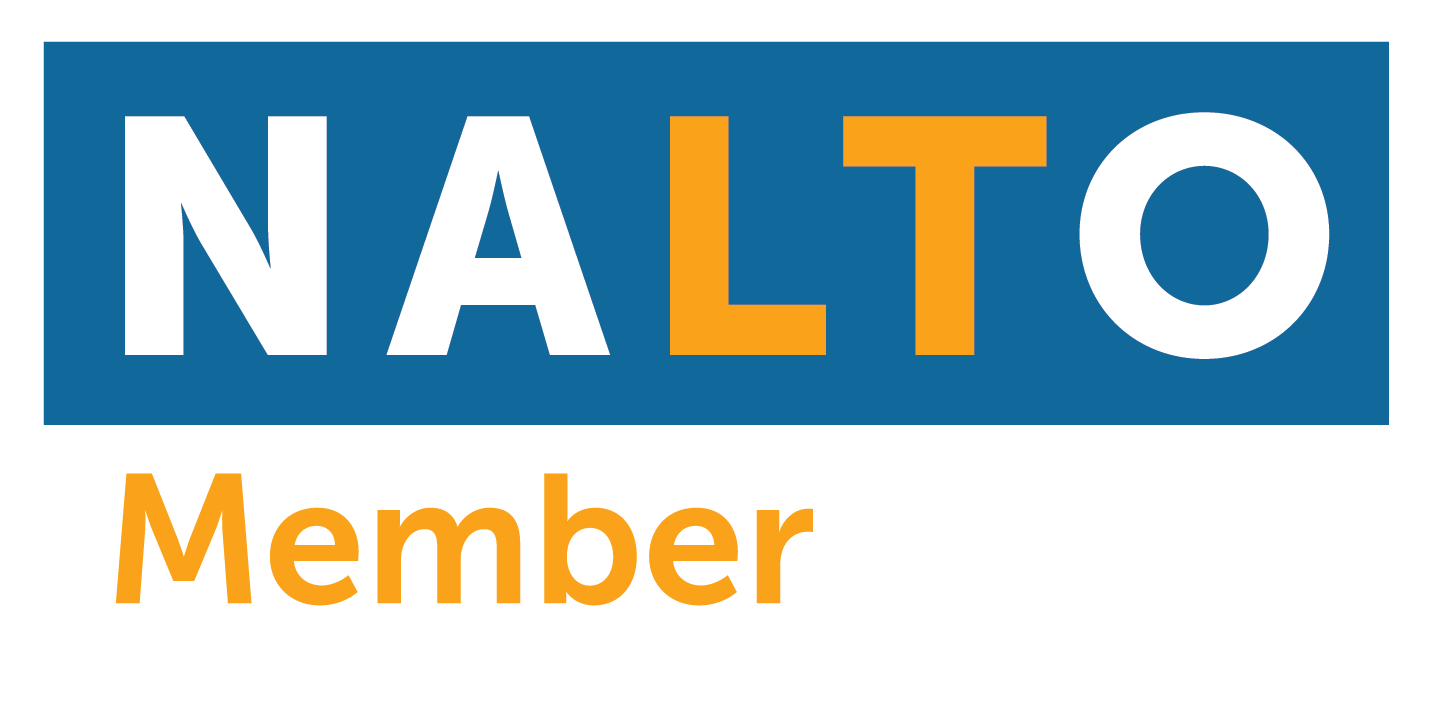Self-employment tax is a type of tax imposed on self-employed individuals. It consists of 12.4% Social Security and 2.9% Medicare. It is similar to the Social Security and Medicare taxes deducted from payroll wages but the self-employed pay the full 15.3% tax while employers and the employees split these tax bills. This tax may be inevitable if you are an independent contractor, a gig worker, freelancer, locum tenens, or small business owner but it does not mean that you cannot reduce your self-employment tax liabilities.
Maximize Business Deductions
Self-employment taxes are computed based on your income. Hence, to reduce your taxes, you must lower the income that is subject to tax. This can be done by maximizing or increasing your business expenses. Of course, this does not mean that you go splurging on unnecessary expenses just to achieve this, that would be illogical.
There are numerous allowable business deductions that can be charged against your income such as the necessary and ordinary expenses required to operate your business. It includes your office supplies, work materials, software subscriptions, marketing, and advertising expenses.
If your work requires you to do business travels, you can claim the expenses related to such travels such as hotel accommodation, airfares, laundry, vehicle rentals, etc.
Furthermore, monies spent to maintain or improve your skill or profession, such as seminars, education, and licensing fees are also deductible.
There are items that may be applicable to you that you may not be aware of such as depreciating your business assets or amortizing your start-up costs. You can even claim a home office deduction if you use part of your home to manage your business.
Remember that there are rules and requirements to claim them as valid business expenses. Stay informed or consult a tax expert to maximize your business deductions and save on self-employment taxes.
Consider Filing for an S Corporation
An S Corporation is a tax election available to LLCs and certain corporations. With an S Corporation election, the owner will be able to receive salaries from their business like a W2 employee. This way only the income paid as salaries will be subject to Social Security and Medicare taxes. The remaining business income or distributions will be free from self-employment taxes.
Do not plan to underpay yourself just to further lower your self-employment taxes because the Internal Revenue Service (IRS) requires that S Corp owners must receive a reasonable salary from the business. The IRS defines reasonable salary as the value of compensation that one would receive under similar circumstances.
S Corp owners can be fined and penalized if they are found to be taking unreasonably low compensation from their business just to escape taxes.
Invest in Retirement Plan
Contributing to a self-employed retirement plan is an effective way to reduce your current tax burden while securing your future at the same time.
There are several retirement accounts that are qualified for pre-tax contributions such as traditional IRAs, SEP IRAs, SIMPLE IRAs, and individual 401ks. These are great retirement options, but it is best to consult an expert to determine the best retirement plan for your specific situation, life plans, and financial goals.
Want to learn more?
You may want to consult and work with 1099 Accountant – We offer online bookkeeping, online advisory services and online tax and accounting services. We offer reasonable rates. We only work with independent contractors, freelancers, and one-person business. We work with locum tenens from California to New York City and everywhere in between. Yes, even Hawaii!
Contact us toll-free (855)529-1099 or make an appointment for a free consultation. Contact Us











